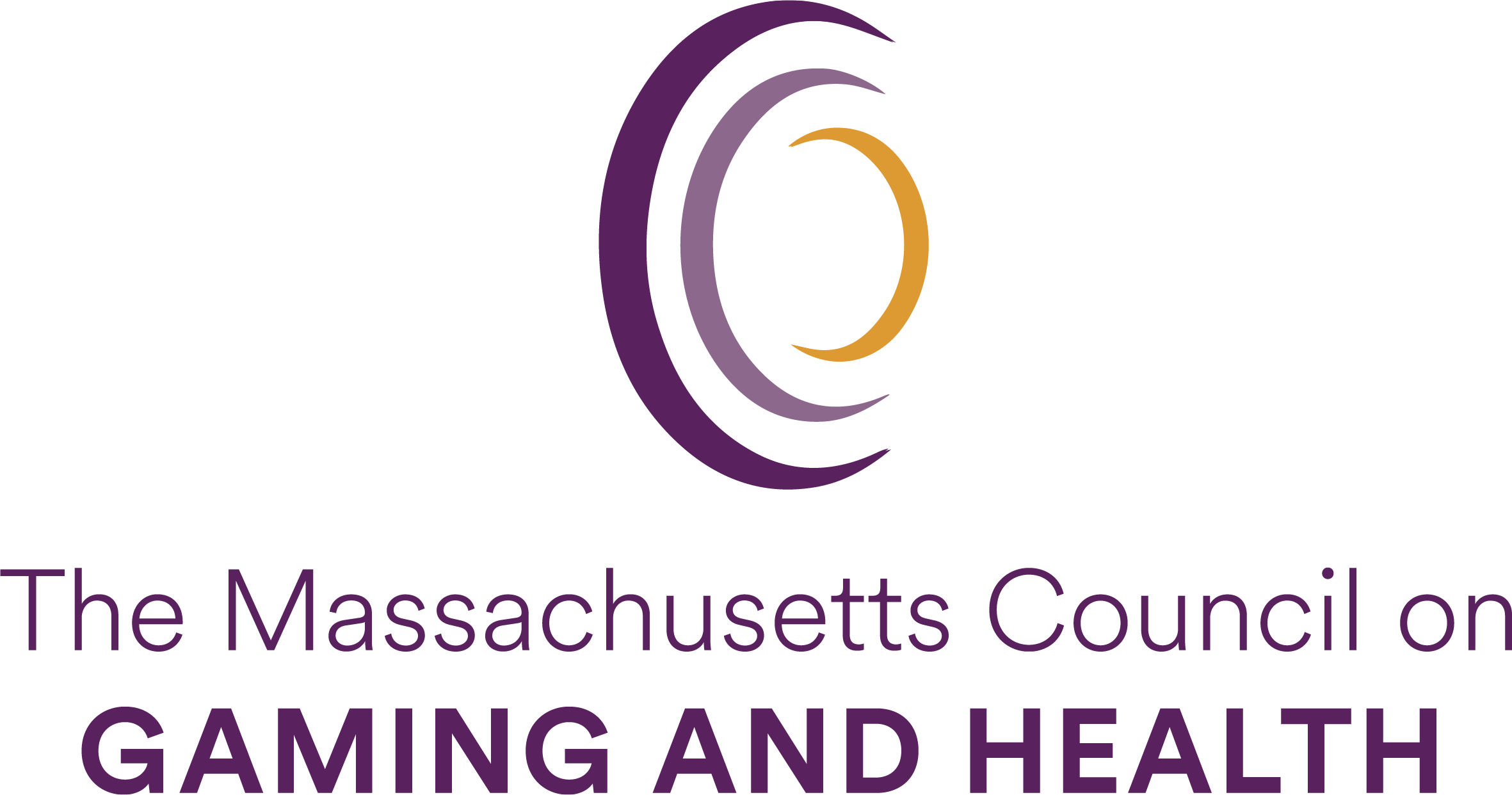Sports betting’s taking the field today.
Super Bowl advertising is in a league of its own. Ads range from endearing to enticing, bottling up a combination of popular culture and shifting trends. The captive audience? The 192.9 million Americans expected to tune into the big game.
This year, one industry is positioned to play a giant role in Super Bowl LVII: Sportsbooks like FanDuel and DraftKings. Many fans have been deluged with glitzy, celebrity-studded sports betting ads all season long. As the Chiefs and Eagles charge the field, multi-million-dollar sports betting ads and lucrative prizes will blanket the airwaves in New England. Yet without research or broader coordination into the impact of such advertising, fans may be left to spiral out.
Sports betting legalization has exploded, luring thousands of new bettors and driving mammoth advertising spending. For Bay Staters, this is the first year you can legally place a bet on the big game; Massachusetts joins over 30 states and Washington D.C. Sportsbooks are tapping into these new audiences. Sports betting advertising in local markets is estimated to reach $3 billion by next year. In-game NFL advertising remains a focal point of the national strategy. FanDuel, DraftKings, Caesars, BetMGM, and FOX Bet collectively poured 81% of their 2022 advertising dollars into NFL coverage. Across all sports, these investments mark a 209% increase from the year prior.
While Massachusetts is a long-time public health leader, we need more consumer protections and U.S. research into how ads affect bettors. State law does prohibit credit cards and advertising targeting kids, teens, and those who have opted to self-exclude from state casinos. However, nationally, American sportsbooks have scant guidelines on what they must include on billboards or TV, radio, and digital ads. There is also little research on the relationship between watching sports betting ads and riskier behaviors. Looking to Europe, studies have linked gambling ads to sports fans making higher-stakes bets and having more trouble setting limits. Players may get sucked into fast-paced, complex gambling without knowing their odds or the financial damage. These trends have parlayed into more individuals reaching out for support. MACGH staff has fielded more sports gambling questions from folks via the 24/7 GamLine and LiveChat. The National Problem Gambling Helpline has seen a 45% jump in calls, texts, and chats from 2021 to 2022.
Policymakers and regulators must push to expand research funding to study the impact of sports betting advertising. A preventive approach would build our understanding of how ads shape perceptions and player behavior. Armed with this data, groups like MACGH could develop player-first strategies and recommendations for fans of all experience levels. This knowledge could also protect at-risk groups, like minors and those struggling with problem gambling, and even inform national consumer advocacy efforts.
Some maintain additional parameters and research would be onerous — especially as New England fans are eager to place their wagers. After all, the American Gaming Association does offer voluntary regulations for advertisers. However, these guidelines are general recommendations on advertising and are not enforceable on a local or federal level. Based on events of the past few weeks, there is also a clear need for coordinated advertising regulations and enforcement to protect consumers. Look to Ohio, where Caesars, DraftKings, and Bet MGM were each fined $150,000. Sportsbooks had run ads promoting “free” and “risk-free” bets, but individuals still would risk losses to participate. These same entities failed to display a problem gambling helpline and mailed ads to Ohioans under 21. Here in Massachusetts, sports betting presents a unique opportunity to establish best practices so fans can have fun while meeting critical regulations and getting the resources they need. If these are ongoing issues, charging ahead on sports betting without further study and guidelines on advertising poses dangers.
Sports betting, like Super Bowl ads, has long been interwoven into American culture. But at the rate of its advertising spending and revenue, it’s in a brand-new league, too. Like any new sport, it’s in need of broader, more overarching guidance. As sports betting rises in acceptance, so must the research and regulations to reach, engage, and educate fans.
Marlene Warner is the Chief Executive Officer of The Massachusetts Council on Gaming and Health (MACGH). MACGH is neither for nor against legalized gambling.

